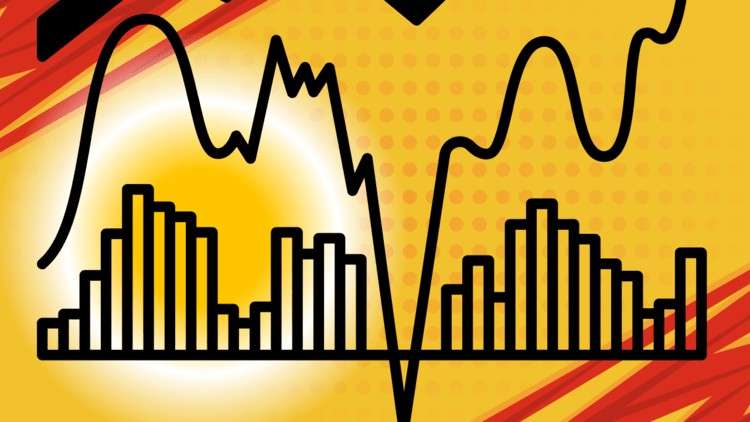
Mastering Econometrics: From Fundamental Principles to Advanced Applications
What you will learn
Fundamental Understanding of Econometrics: Grasp the basic principles and concepts of econometrics, including the purpose and scope of the field
Statistical and Mathematical Foundations: Develop a solid foundation in the statistical and mathematical techniques that underpin econometric analysis.
Regression Analysis: Conduct simple and multiple linear regression analyses, interpret the results, and understand the assumptions behind these models.
Hypothesis Testing and Model Validation: Apply hypothesis testing methods and validate econometric models through diagnostic testing and goodness-of-fit
Time Series Analysis: Analyze time series data, understand trends, seasonality, and autocorrelation, and apply appropriate time series models such as ARIMA.
Panel Data Analysis: Understand and apply techniques for analyzing panel data, including fixed effects and random effects models.
Advanced Econometric Techniques: Explore advanced topics such as instrumental variables, simultaneous equations models, and limited dependent variable models.
Practical Application and Software Proficiency: Gain proficiency in using econometric software (e.g., Stata, R, orEViews) for empirical analysis and real-world
Why take this course?
Unlock the power of data with “Econometrics – Beginners to Advanced Level.” This comprehensive course is meticulously designed to guide you from the foundational concepts to the advanced techniques of econometrics, equipping you with the skills necessary to analyze and interpret complex economic data.
What You’ll Learn:
- Foundational Principles: Understand the core concepts and scope of econometrics, including the integration of economic theory, mathematics, and statistics.
- Regression Analysis: Master simple and multiple linear regression models, their assumptions, and how to interpret their results.
- Hypothesis Testing: Learn to apply hypothesis testing methods and validate econometric models with diagnostic tests and goodness-of-fit measures.
- Time Series Analysis: Dive into time series data analysis, understanding trends, seasonality, and appropriate modeling techniques like ARIMA.
- Panel Data Analysis: Explore the techniques for analyzing panel data, including fixed effects and random effects models.
- Advanced Econometric Techniques: Delve into complex topics such as instrumental variables, simultaneous equations models, and limited dependent variable models.
- Practical Application: Gain hands-on experience with econometric software (e.g., Stata, R, or EViews) to perform empirical analyses and apply econometric techniques in real-world scenarios.
Who Should Enroll:
- Undergraduate and graduate students in economics, finance, business, statistics, and related fields.
- Aspiring economists, analysts, and policy-makers seeking practical skills and theoretical knowledge in econometrics.
- Researchers and academics in the social sciences looking to enhance their methodological toolkit.
- Data scientists and statisticians wanting to incorporate econometric methods into their analysis.
- Business and financial professionals aiming to make data-driven decisions using econometric models.
- Consultants and advisors providing services in economics, finance, and business.
- Self-learners and enthusiasts interested in mastering econometrics from basics to advanced levels.
By the end of this course, you will have a robust understanding of econometric methods and be proficient in using them to tackle real-world economic and financial problems. Whether you’re starting with no prior knowledge or looking to deepen your existing expertise, this course will elevate your analytical capabilities and open new opportunities in your academic and professional career.